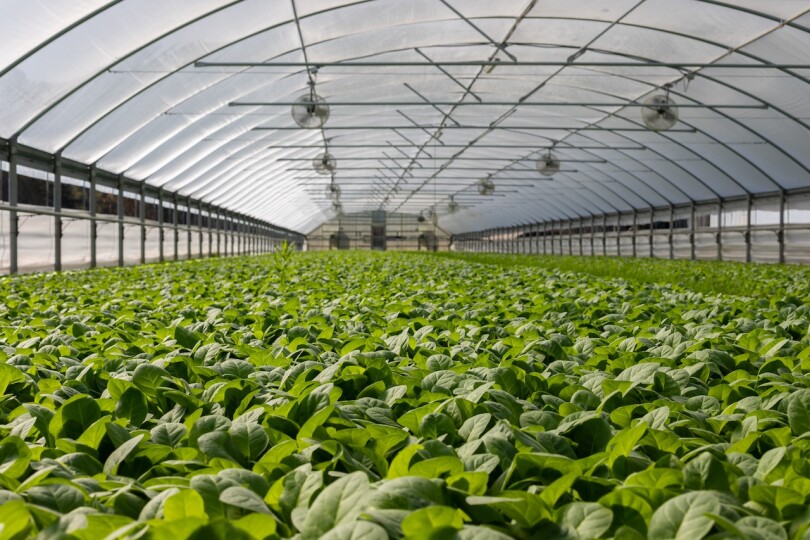3 Innovations from the International Horticultural Expo.
29 Apr 24
Enviro ChatThe Global News Source for the World of Science and Chemicals
13 November 2023
Lab Chat
With its arid climate, scant rainfall and desert landscapes, the UAE is not generally known for its agricultural industry. Indeed, as recently as 2019, the country depended upon imports for as much as 90% of the food it consumes. However, the Emirati government have recognised how unsustainable this approach is over the long term and are looking to address it directly.
With that in mind, the Minister of Economy Abdullah bin Touq al Marri has unveiled a dedicated food and agriculture strategy aimed at building an industry worth $10 billion within the next five years. In doing so, the country aims to generate 20,000 new employment positions, thus stimulating the economy indirectly as well as through the sales and exports of its food.
The targets set by the Minister are ambitious to say the least, but he has backed them up with a well-thought-out strategy encompassing seven key pillars for success. These are comprised of:
Across these seven pillars, the Emirati government hope to equip the country’s farmers and industry players with the knowledge, tools and resources they need to overcome challenges and take advantages of opportunities in the sector.
Historically, the UAE has been forced to rely on imports for the vast majority of its food consumption due to the inherent difficulties in cultivating crops on its lands. Water scarcity makes agriculture even more challenging, which is why the country imported more than 3.5 million tonnes of food during the first quarter of 2020 alone.
However, the coronavirus pandemic highlighted the supply chain challenges which can surface unexpectedly in times of global crisis and underlined the need to move towards a more sustainable way of doing things. It’s for this reason that the government is launching its $10 billion strategy, with a view to reducing imports and bolstering its domestic agricultural industry.
Progress has already been made on this front. The food sector has enjoyed impressive growth in recent years, with trade exceeding $35 billion (AED 130 billion) in 2022. That’s a 21% rise from the year prior and food now accounts for more than 5% of the country’s non-oil trade. In the face of climate change, the challenges are only expected to become more entrenched, but the UAE’s consistent ability to adapt and innovate should secure a bright future for its residents for generations to come.
DOWNLOAD PDF

2 Day Seminar Program
@ ArabLab+ 2024
24 & 25 September 2024
22 Apr 24
Lab ChatYour stay in Dubai
Labkit
Product News
Chemkit
Product News
Thinking about exhibiting at ARABLAB 2024? Watch our video to find out more.
Join the world’s leading organisations…
Join our mailing list and receive the ARABLAB newsletter and event updates.